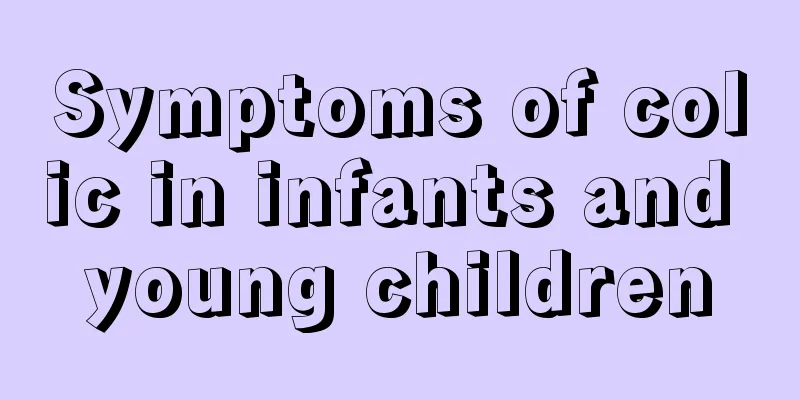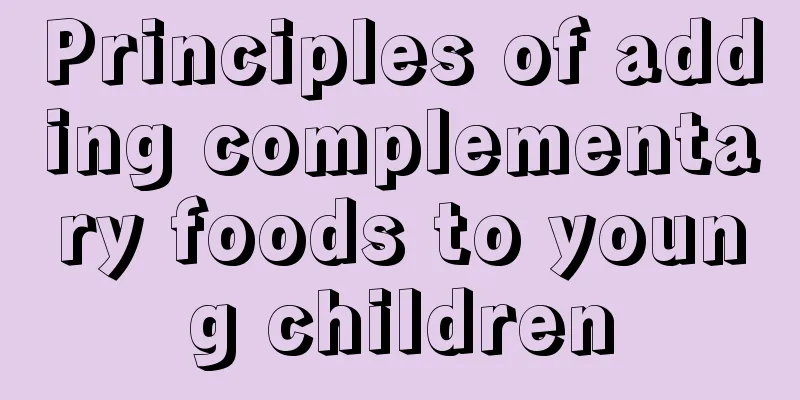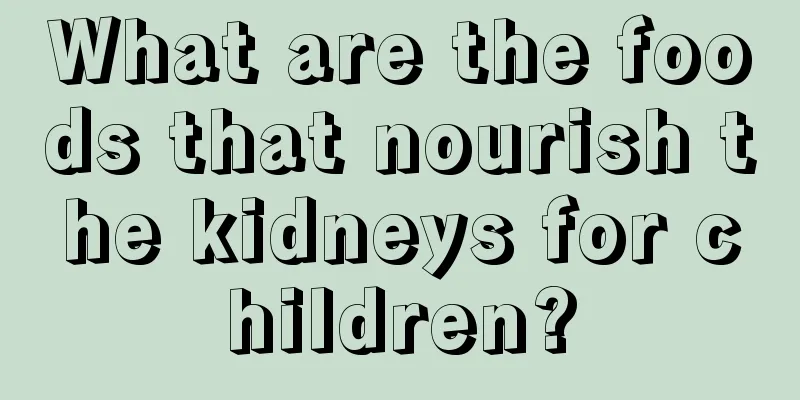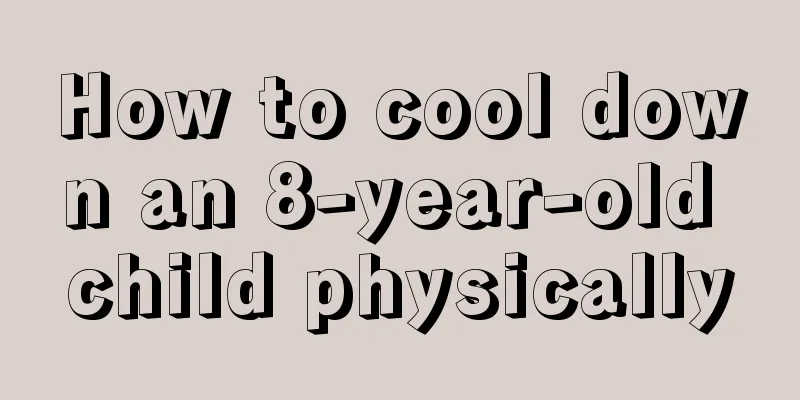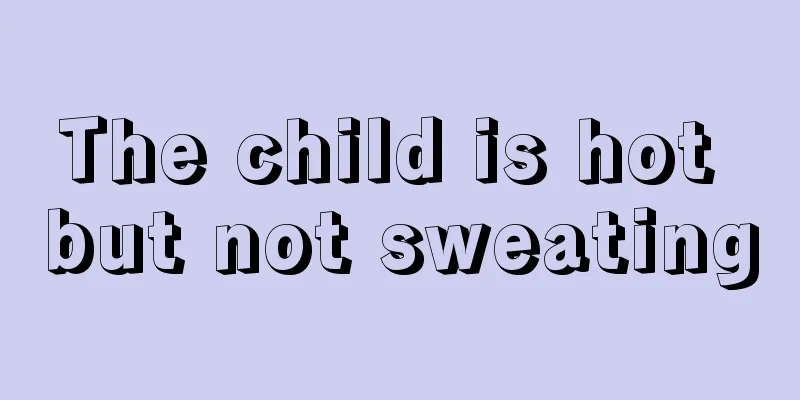Kawasaki disease symptoms in children
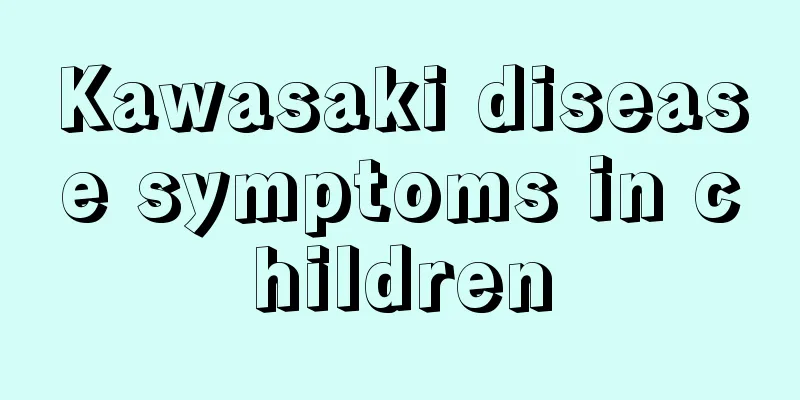
|
Kawasaki disease is a disease with a relatively high incidence rate in infants and young children. It belongs to a vasculitis syndrome, especially in children aged two to four years old. This disease often occurs, seriously affecting the health of children. The child's body temperature will rise after the onset of the disease. At this time, the use of antibiotics will not be effective. The child's eyes will be red and swollen, and lymph nodes will swollen, etc. At this time, good treatment is needed in time. Let's take a look at the symptoms of Kawasaki disease in young children. Kawasaki disease symptoms in children 1. The body temperature is abnormally high, reaching over 39 degrees, and there is a persistent fever phenomenon, which usually lasts for 5-11 days or even longer, ranging from 2 weeks to a month, and any antibiotics are ineffective. 2. Both eyes become red and congested. 3. Erythematous rashes of various shapes and sizes will appear on the body. 4. Swollen lymph nodes in the neck and armpits. 5. The hands and feet become hard and swollen, and red spots appear between the fingers and toes. When the swelling and rash subside, flaky peeling will occur on the hands, feet, especially the fingers and toes. 6. There will be redness in the mouth, gums, throat, etc., and the tongue will also turn red. After understanding the above symptoms, the severity of the symptoms can cause great harm to children and has been plaguing children's physical health. Therefore, parents should pay attention to them and carry out targeted treatment or prevention so that children can grow up healthily. Is Kawasaki disease serious? Kawasaki disease is a relatively common disease, and its main victims are children. Children's body structures and tissues are not yet perfect, and their flesh is still very fragile. Once they become ill, it will have a great impact on their own health. Children's health problems have always been a concern for their parents. When there are problems with their children's health, parents will be very nervous and worried. In addition, there are many common complications of children's diseases in clinical practice. Kawasaki disease is no exception. It is a common disease among children. The occurrence of Kawasaki disease has a great impact on the health of children. The incidence of this disease is increasing year by year, and parents have begun to pay attention to it as the disease becomes more serious. If the disease is not treated in time, it will cause a series of complications, such as gallbladder effusion; changes in the nervous system, which can lead to hearing loss, acute encephalopathy and high fever convulsions; pulmonary infarction, urethritis and other diseases in the acute stage. So the above are complications caused by Kawasaki disease. Kawasaki disease itself has a relatively serious impact on children's health. If other complications occur, it will bring greater troubles to children's health problems, so parents need to pay attention to this aspect. |
<<: Symptoms of colic in infants and young children
>>: Symptoms of pituitary gland abnormalities in babies
Recommend
White and sticky nasal discharge
Snot is a kind of excretion from the nose. Someti...
At what age do children's teeth begin to change? What should we pay attention to when children’s teeth are changing?
Tooth replacement is a process that children must...
What is the reference value of the baby's full-month weight?
The baby has been born for almost one month. Pare...
How many months should babies eat teething biscuits?
As the name suggests, teething biscuits are biscu...
The baby's umbilical cord fell off and he was bleeding. What's going on?
In life, many men and women are first-time parent...
How to add egg yolk to baby food
The yolk is the most nutritious part of the egg. ...
Is it okay to give a child a bath when he has a fever?
Many first-time mothers do not know what to do wi...
One year old baby has fever and shivers while sleeping
If a one-year-old baby has a fever, the body will...
My 6-year-old child cannot speak clearly
There are many babies who cannot speak clearly. G...
What is the treatment for congenital vascular malformations in children?
Nowadays, people pay attention to eugenics and go...
What's wrong with the child falling asleep?
Children in their early childhood have relatively...
Why do two-month-old babies not like to sleep and what should we do?
Babies are little lives that have just come into ...
What to do if a 3-month-old baby has a stuffy nose?
With the end of autumn, the temperature will slow...
What's wrong with a six-month-old baby who can't crawl?
It is normal for a six-month-old baby not to craw...
What should I do if my child grows too fast?
For a long time, parents hope that their children...
